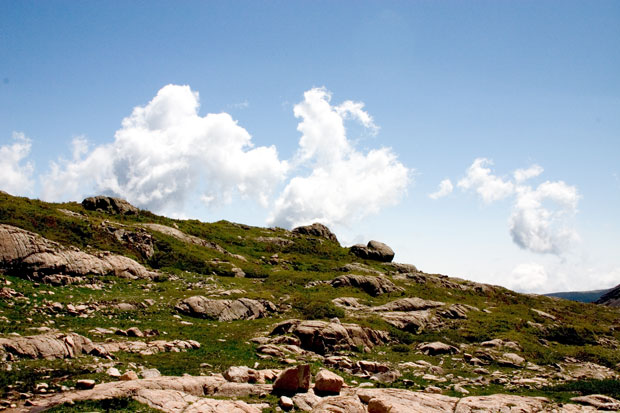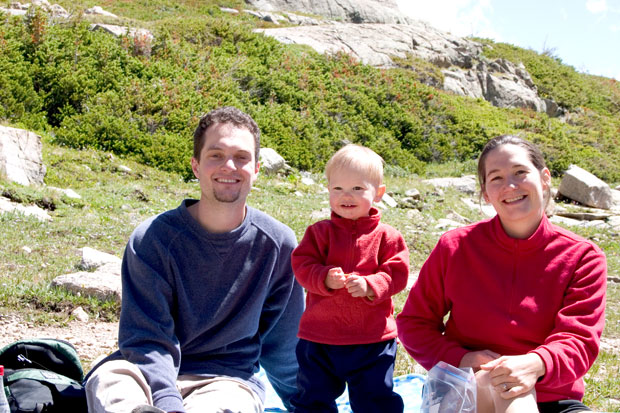When you read “Mogadar’s Book” and “Voyage to Pescara” in Circus Days and Night, you can begin to understand why Jack Kerouac might call Robert Lax “_one of the great original voices of our times” . Unfortunately, it’s difficult to capture the style of these two sections of Circus Days and Night in a few quotations.
“Mogadar’s Book,” though it’s not a continuous piece reads more like a single poem than a collection of poems. There are no titles in this section and though there are some obvious breaks, it’s not clear what these breaks indicate.
Though there are several brilliant passages, they often do not seem to stand well on their own, only shining in their original context.
Perhaps the closing paragraph/poem best suggests the thrust of this section:
We are wanderers in the earth, but
only a few of us in each generation
have discovered the life of charity, the
living from day to day, receiving
our gifts gratefully through grace,
and rendering them, multiplied
through grace, to the giver. That
is the meaning of your expansive, out-
ward arching gesture of the arm in
the landing; the graceful rendering,
the gratitude and giving.
For Lax, it is the circus performers, at least the best of them, who receive their “gifts gracefully through grace” and, in turn, give them back to their audience.
“Voyage to Pescara” is equally unusual, a strange mixture of journal and poetry, an Americanized haibun, as it were, that concludes with a long journal entry. In some ways, the section reminds me a lot of my favorite bloggers, blending personal events, personal reflections, and reflections on life in general. In many ways, it reminds me of Kerouac’s posthumously published some of the dharma, both in its unevenness and in it’s attempts to combine poetry and prose in a journal.
At the very least, the work allows us to see Lax’s work as a whole in a clearer light, particularly passages like this:
The performer’s entrance is the place of the most (magic) activity. It is between the world of performance and preparation.
The moment before flowering (long) after planting. A moment before the bursting of the bud; almost the moment of bursting. When the flap opens, it is the bud unfurling; the green bud of the flower. A charmed place. It is within the tent, not of it. It is intimate with the tent, but has a wide door to the backlots.
To the audience
it is the tabernacle
from which
the
awaited
enters.
For the performers
it is a place
for a moment’s
rest.
It doesn’t seem far-fetched to me to identify the circus performers with all artists, particularly writers, of course, whose sacred duty is to bring the sacraments to their audience.
I wish I’d read Circus Days and Night before, rather than after, I read Love Had a Compass because I prefer that work to this one because I’m sure reading this one would have given me a greater understanding and appreciation of Love Had a Compass.
Like this:
Like Loading...




